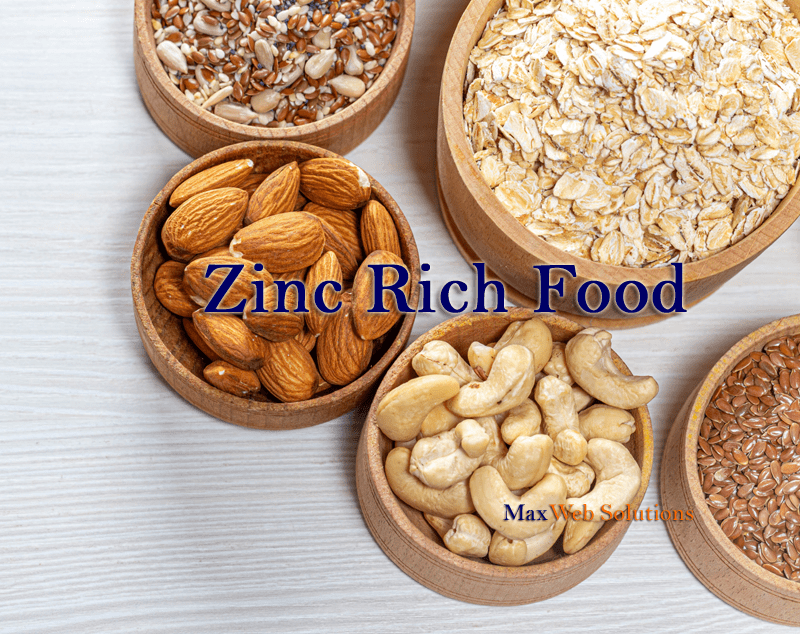
Role of Zinc (Zn) in Human
With COVID-19 wave, to safeguard our immunity add Zinc to your diet. Zinc mineral is vital and essential nutrient for good health, to activate enzymes in our body which help in recover and growth. We make sure that zinc-rich foods are part of our diet. On average adult Female need 8 milligram (mg) while adult male need around 11 milligram (mg) in their daily diet. Females on breastfeeding should take 12 mg daily.
Zinc is an efficient Lewis acid, making it a useful catalytic agent in hydroxylation and other enzymatic reactions. The metal also has a flexible coordination geometry, which allows proteins using it to rapidly shift conformations to perform biological reactions. Two examples of zinc-containing enzymes are carbonic-anhydrase and carboxypeptidase, which are vital to the processes of carbon dioxide (CO2) regulation and digestion of proteins, respectively.
Zinc is part of COVID-19 prescription for recovery
- Appetite Loss
- Poor immune function
- Delayed healing/Wound Healing
- Inflammation
- Hair Loss
- Difficulty tasting properly
- Common Cold
- Pneumonia
- Mental Fatigue
For vegan/Vegetarian legumes such as Chickpeas, Beans, Lentils contain around 12% of RDA of Zinc. Flax, Pumpkin seeds, cashews are rich in Zinc, we should add such kind of nuts and seeds to our daily diet. Whole grains such as Quinoa, Oats and Rice also contains Zinc. Dark chocolate is having 30% RDA of Zinc in 100-gm chocolate.
List of Vegetarian Zinc Foods
- Fortified Cereals
- Hemp Seeds
- Lentils (Rajma, Urad Dal, Chana Dal, Masoor Dal, Toovar Dal)
- Oatmeal
- Seeds (Sun-Flower Seeds & Pumpkin Seeds, Watermelon Seeds)
- Rice
- Wheat Germ
- Bajra
- Jowar
- Ragi
- Quinoa
- Chickpeas / Kabuli Chana
- Chia Seeds
- Pecans
- Flax Seeds
- Sesame seeds
- Cashew Nuts
- Almonds
- Walnuts
- Low-Fat Yogurt
- Milk
- Swiss Cheese
- Tofu
- Mushrooms (While Button Mushrooms, Shiitake Mushrooms)
- Green Peas
- Spinach
- Avocados
- Asparagus
- Dark Chocolate / Cocoa Powder
s